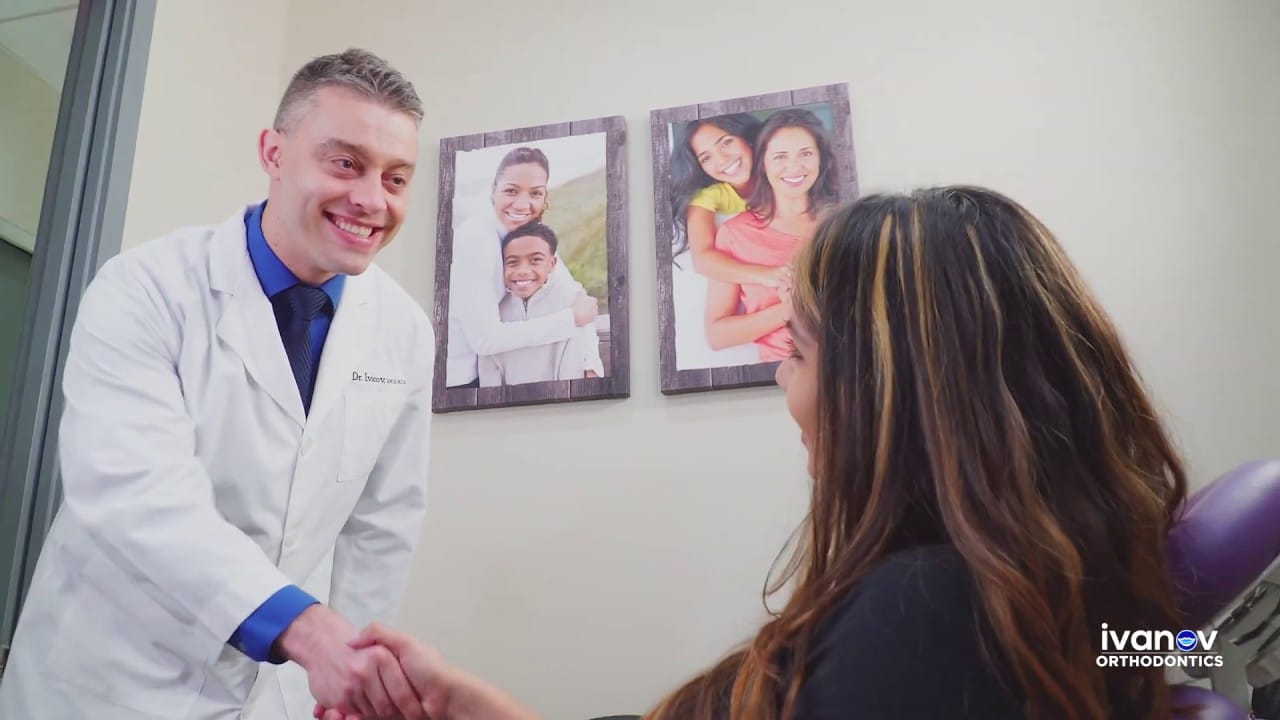How Long Should You Brush Your Teeth During Each Brushing Session, and Why Is Duration Important?0
How to brush your teeth? Brushing our teeth is a daily ritual that most of us have been practicing since childhood. We've been told countless times to brush our teeth to keep them healthy and clean. However, have you ever wondered how long you should brush your teeth during each session, and why the duration of brushing matters? In this comprehensive guide, we will delve into the science of toothbrushing and explore the ideal brushing duration. Additionally, we will discuss effective brushing techniques and touch upon the connection between proper dental care and teeth whitening. So, let's dive in and discover the secrets to maintaining a healthy, radiant smile.
The Foundation of Good Oral Health
Brushing your teeth is the cornerstone of good oral hygiene. It's a practice that helps remove plaque, bacteria, and food particles from the surfaces of your teeth, preventing various dental issues such as cavities, gum disease, and bad breath. However, the effectiveness of brushing isn't solely about the frequency; it's also about the duration and technique.

How Long Should You Brush Your Teeth?
The American Dental Association (ADA) recommends brushing your teeth for a minimum of two minutes during each brushing session. This duration may seem surprisingly long to some, but it's crucial for several reasons:
- Thorough Plaque Removal: Two minutes of brushing ensures that you have adequate time to clean all surfaces of your teeth thoroughly. This includes the front, back, and chewing surfaces, as well as the gumline and areas around dental appliances like braces or dental implants.
- Effective Bacterial Removal: Dental plaque is teeming with harmful bacteria that can lead to tooth decay and gum disease. Extending your brushing duration allows you to dislodge and remove more bacteria, reducing your risk of dental problems.
- Food Particle Elimination: Longer brushing sessions help ensure that you remove food particles that may be stuck between your teeth or along the gumline. Neglecting these areas can lead to cavities and gum inflammation.
- Toothpaste Benefits: The fluoride in toothpaste needs time to work its magic. Fluoride helps strengthen tooth enamel and makes it more resistant to acid attacks, which cause cavities. Brushing for two minutes allows fluoride to have a more significant impact.
Effective Brushing Techniques
Now that we've established the importance of the duration let's discuss the right techniques to make those two minutes count:
- Choose the Right Toothbrush: Start by selecting a soft-bristle toothbrush that fits comfortably in your hand and can easily reach all areas of your mouth.
- Position Your Brush at the Correct Angle: Hold your toothbrush at a 45-degree angle to your gums. This angle allows you to clean along the gumline, where plaque tends to accumulate.
- Use Gentle, Circular Motions: Avoid aggressive scrubbing, which can damage tooth enamel and gums. Instead, use gentle, circular motions to brush all surfaces of your teeth and along the gumline.
- Don't Forget Your Tongue and Roof of Your Mouth: Plaque can accumulate on your tongue and the roof of your mouth as well. Gently brush these areas to ensure comprehensive oral hygiene.
- Rinse and Spit: After brushing for two minutes, rinse your mouth thoroughly with water and spit out the toothpaste. Avoid rinsing with mouthwash immediately after brushing, as this can wash away the beneficial fluoride left on your teeth.

The Connection Between Proper Dental Care and Teeth Whitening
Maintaining proper oral hygiene, including brushing for the recommended duration with the correct technique, plays a significant role in achieving and maintaining a bright, white smile. Here's how:
- Preventing Stains: Effective brushing removes surface stains caused by food, beverages, and tobacco. By preventing the buildup of these stains, you can keep your teeth looking whiter.
- Reducing Plaque and Tartar: Plaque and tartar buildup can make your teeth appear yellow or discolored. Regular, thorough brushing helps prevent this buildup, preserving the natural whiteness of your teeth.
- Enhancing Teeth Whitening Treatments: If you decide to pursue professional teeth whitening near me treatments, maintaining good oral hygiene can enhance the effectiveness of these treatments. Clean teeth respond better to whitening agents.
- Preventing Tooth Discoloration: Proper oral care reduces the risk of tooth decay and gum disease, which can lead to tooth discoloration. Healthy teeth are naturally brighter.
Conclusion:
In summary, the duration of your toothbrushing sessions matters significantly when it comes to maintaining optimal oral health. The recommended two minutes allows for thorough plaque and bacteria removal, helps protect against dental issues, and maximizes the benefits of fluoride toothpaste.
Moreover, the correct brushing technique is equally important in achieving and preserving a radiant smile. By adopting the right habits, you can prevent stains, reduce plaque and tartar buildup, and enhance the effectiveness of teeth whitening treatments.
So, the next time you pick up your toothbrush, remember to invest those crucial two minutes in your oral health. Your smile will thank you, and you'll be well on your way to maintaining a beautiful, healthy set of teeth – a foundation for a lifetime of confident smiles.

Comments
Post a Comment